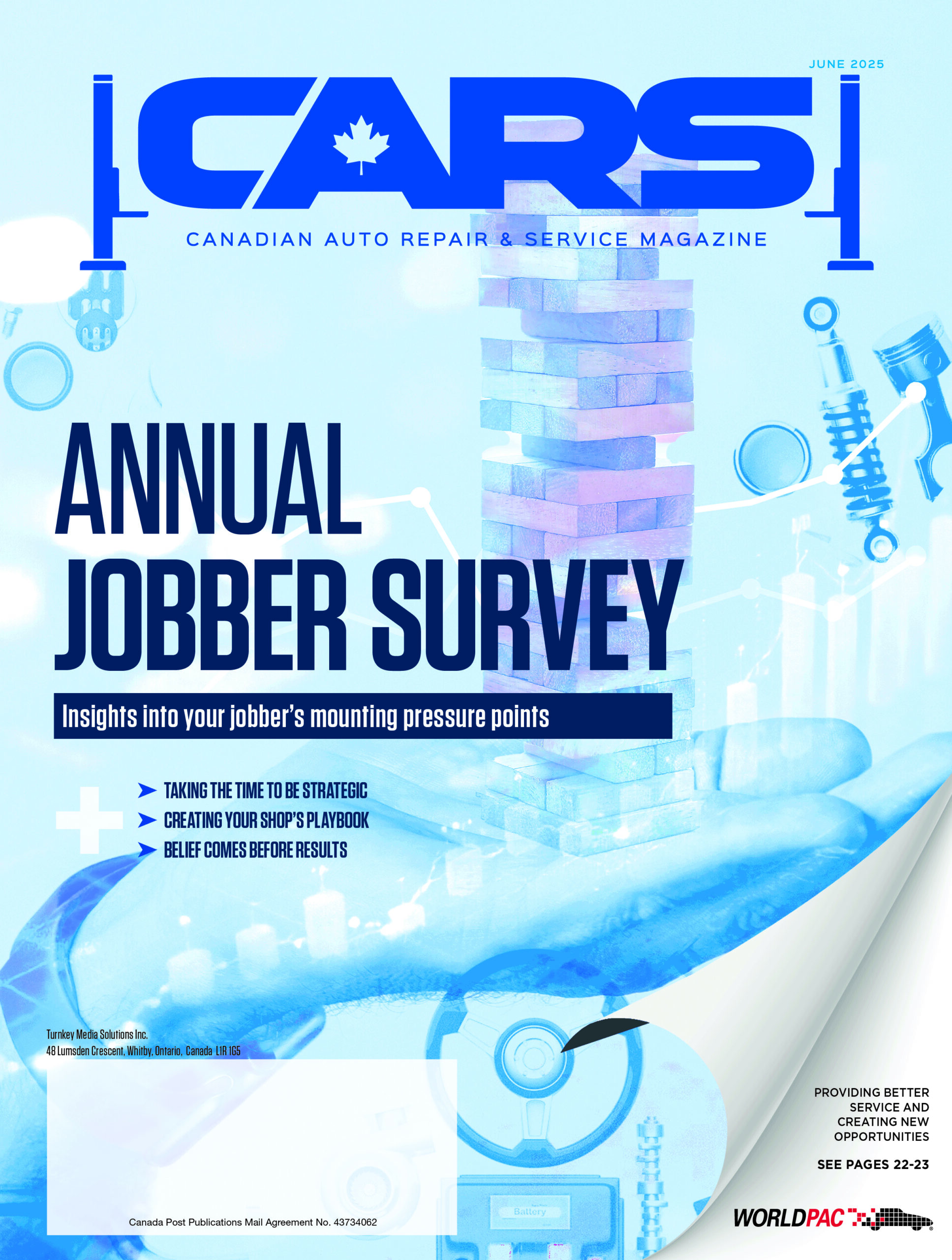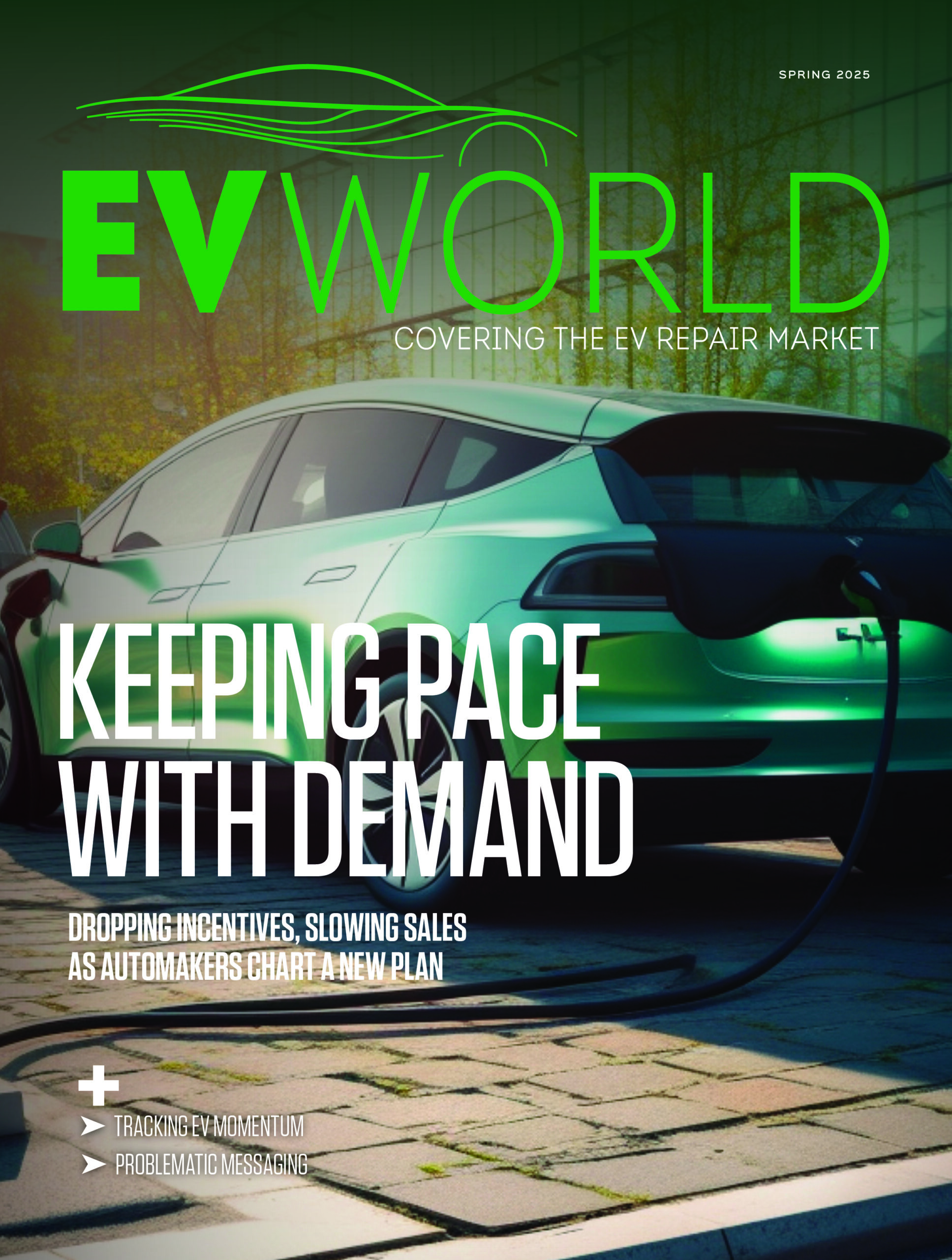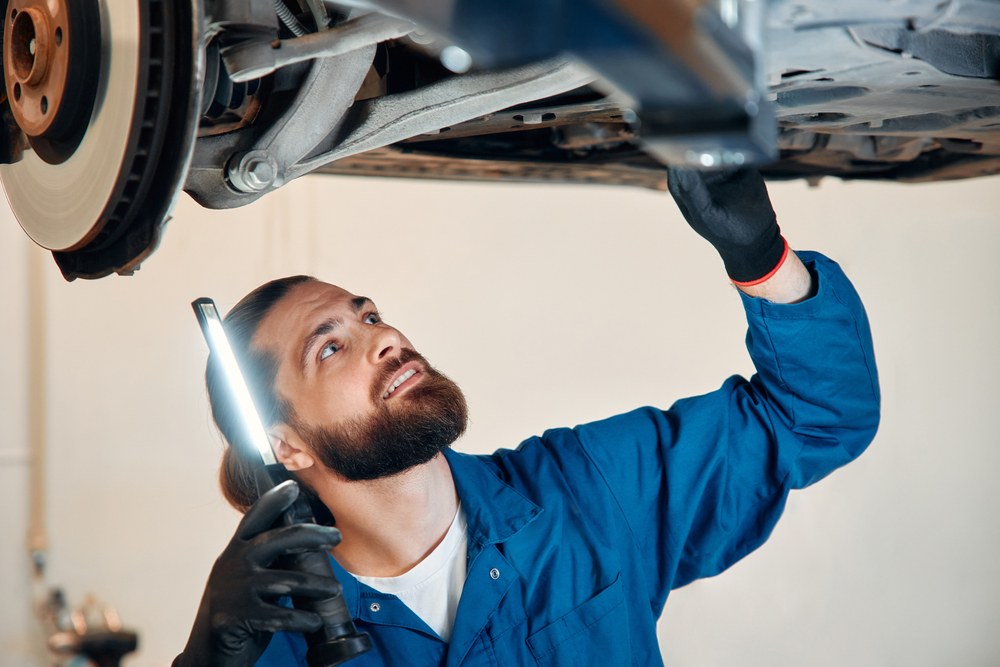
Some of the tax mitigation strategies commonly used by auto repair and service shops may soon be eliminated by the federal government.
Finance Minister Bill Morneau has announced his intention to change the rules on passive investment income, capital gains, and so-called ‘income-sprinkling’ – things he describes as unfair advantages that private corporations have over salaried workers.
A group called the Coalition for Small Business Tax Fairness has been established to fight the changes. It brings together groups such as the Canadian Federation of Independent Business, the Canadian Taxpayers Federation, and the Family Enterprise Xchange.
“This is a big deal. All three of those strategies are very relevant to our industry,” says Doug Reevey, owner of Autotec Inc. in Saint John, N.B. “Where you’re hearing the biggest noise is among professionals like doctors, lawyers, accountants, and stock brokers, but it also affects our business.”
Reevey, the immediate past chairman of the Automotive Industries Association of Canada, and a former accountant himself, says the changes potentially impact small businesses as well as multi-million dollar operations, as they are directed toward entrepreneurs.
“It is suggested that the government is closing loopholes,” he says. “But these are not loopholes. They are provisions in the tax act that were brought forward by the government of the day. They were designed to reward or incentivize people for taking the risk of starting a business.”
Income sprinkling – or income splitting – allows the sharing of income between two or more taxpayers. Rather than one person claiming an income of $80,000, an entrepreneurial couple might split that income, claiming $40,000 each, and be taxed at that rate.
“Under the new rules, you’d still be able to split the income, but while one person would be charged at the $40,000 level, the other one taxed as if they were making $80,000,” says Reevey. “That’s a clear disincentive to share income.”
Passive income is the income made on money a company sets aside for future use – say, the purchase of expensive auto repair equipment.
“That’s normal practice for us,” he says. “The perception is that this only affects the wealthy, but that’s not necessarily the case.”
The proposed changes, which would increase federal tax revenues by an estimated $250 million, will affect entrepreneurs in many industries, and could mean thousands of extra dollars in taxes for even small and medium auto repair shops,.
“In the big scheme of things, $250 million is a drop in the bucket,” says Reevey. “It is certainly not worth dis-incentivizing the true entrepreneurs who contribute so much to the economy.”
Public input on the proposed changes, which were announced in July, draws to a close in early October. The proposed changes are not expected to come into effect until 2018 if they are, in fact, adopted.
Related Posts
Comments
-
Our government is definitely trying to discourage people in business and people wanting to go into business. It is these people that take the risks of their personal property to try and make a business operate and with risk there should be rewards. It is time to stand up for our business and stay alive.
-
Danny, I could not say it any better than you did. I gave up and sold my place and now pick and choose my jobs working by myself in a small garage. After 42 years in the trade, my skin is no longer thick enough to stand the punishment that the various levels of government are dishing out. Please fight that war for me. I am now burnt out.













Leave a Reply